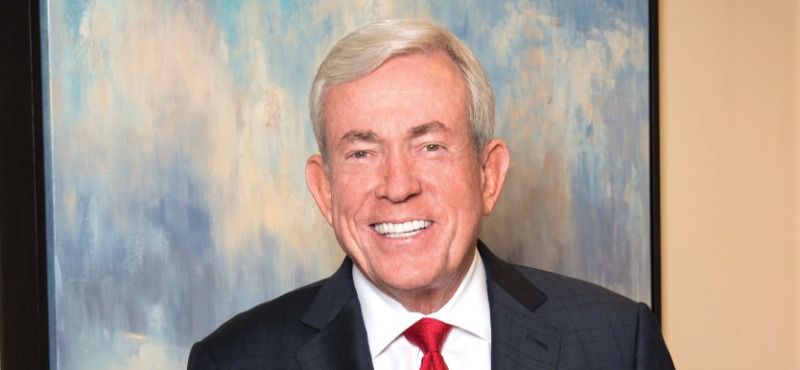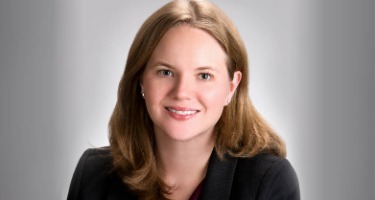Medical experts are a necessary and valuable part of litigation. The right expert can differentiate a case and help gain jury approval. While attorneys used to rely on word of mouth to find medical experts, now the internet provides easy access to a range of qualified doctors and specialists. But the challenges of finding the best medical experts for a case, while remaining objective and unbiased, remain numerous:
1. Many websites allow health care practitioners to advertise their clinical experience—but this in no way translates to medical expertise. Some of these websites also do not have the necessary security filters in place to prevent people without clinical training from portraying themselves as medical practitioners.
2. The Open Payments system allows the public to access payments made to any prescriber from the pharmaceutical industrial complex. In 2016, over $8 billion in payments were published. Will jurors trust a medical expert if he is garnering $60,000 in income from one medical device company alone?
3. Treatment is highly specialized. The Association of American Medical Colleges reports 120 different medical specialties and subspecialties. Can an attorney correctly identify the proper specialist for a medical malpractice case, even if a case requires specific medical expertise?
There is much discussion within health care as to the true definition of medical leadership. Fortunately, the criterion used by medical professionals, including prescribers and members employed by health care, are overwhelmingly consistent. They include:
- Board certification
- Clinical trial experience
- Publication in textbooks and peer-reviewed medical media
- Presentations/moderations at medical meetings
- Formulary committee participation
- High involvement in clinical practice
There are companies that share directories of self-advertised medical professionals. But a closer look reveals that these are clinical practitioners, not physicians, many of whom are unpublished—and some are not even board certified. The name and contact details of a medical expert should not be the only deliverable. Validation of expertise should be readily available and include:
- Specialties and populations treated
- Affiliations with notation if a teaching institution
- Positions or titles
- Institutional restrictions
- Committee roles and memberships
- Publication history—highlighting prolific authorship, editorials, guidelines, and erratum
- Clinical trial activities
- Speaking experience
- Social media exposure
- Awards and fellowships
- Clinical and research experience
- Notation of any disciplinary actions
- Listing of payments from pharmaceutical, biotechnology medical device industries since 2014.
A software solution analyzing publications, clinical trials, speaking engagements, claims data, and other important qualifications is an ideal and objective method to identify medical experts. If a firm is able to make the right selection, their chosen expert’s knowledge and achievements will help win the jury’s trust and understanding of the patient journey.
------------
Rose Ríos’ focus in the medical service industry has run the gamut from medical translation, to substance abuse counseling, to even being an EMT. Her contribution has been so important to the medical field that she was awarded the 2016 Earvin “Magic” Johnson Health Care Award for a demonstrated commitment to furthering diversity in the health care arena.
The CEO of KOLComm, LLC, Ríos’ focus is now on health care market research, specifically in providing medical experts to various industries as well as patients and caretakers. The company completes qualitative market research, engagement seminars, and relationship auditing, among other services.























